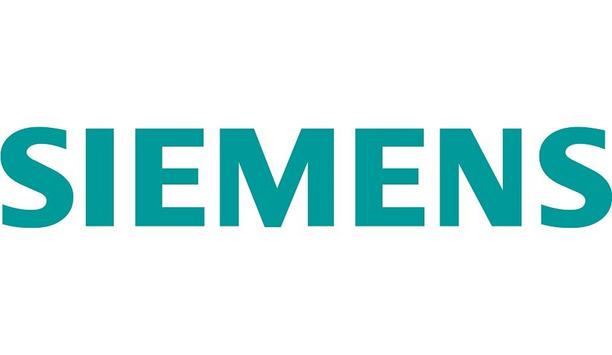 |
| NFPA and DRI have joined forces to offer an interactive 4.5 day certification program |
The program deals with both existing and emerging requirements in the industry.
NFPA and the Disaster Recovery Institute International (DRI), the leading certification and education body in business continuity planning, have joined forces to offer an interactive 4.5 day certification program that provides training, tools, and hands-on experience.
Course materials delve into existing legal and regulatory requirements by industry and country, as well as emerging requirements. Specifically BS25999, NFPA 1600, ASIS, DRI International's professional practices, financial services, insurance, healthcare, utilities, public sector guidance and a host of others will be explored.
In addition, careful attention will be paid to the processes by which disaster/emergency management and business continuity programs are initiated with an eye toward corporate governance, policy, and procedures. The tools provided will allow planners to perform audits in accordance to appropriate standards and regulations. Emphasis on audit requirements and documentation will aid in the evaluation of records, organizational roles and responsibilities, process flows and corporate oversight. After completing the program, participants will be qualified to audit disaster/emergency management and business continuity programs against existing standards and regulations.
To register: February 8-12, 2010, Las Vegas, NV
Participants will be qualified to audit disaster/emergency management and business continuity programs against existing standards and regulations |
- Test and review plans and procedures
- Identify the key components of disaster/emergency management and business continuity planning
- Measure continuity programs against the relevant standards, laws, and regulations
- Evaluate risk assessment, vulnerability analysis, loss prevention, and risk mitigation
Who will benefit? Novice and experienced corporate planners, internal and external auditors, and those interested in self-assessing their programs, or their clients' programs, to perform an audit to better measure their state of preparedness.











